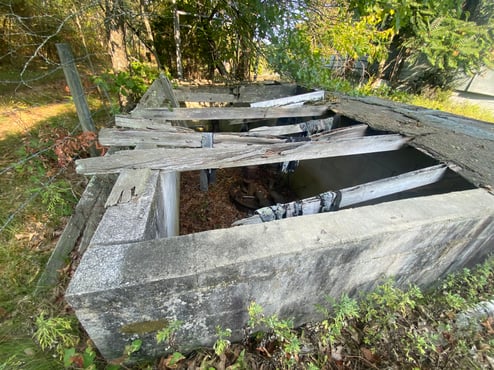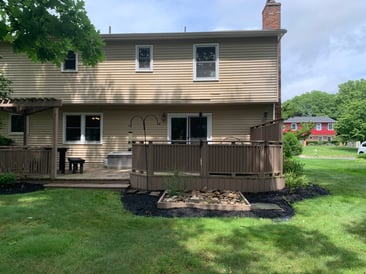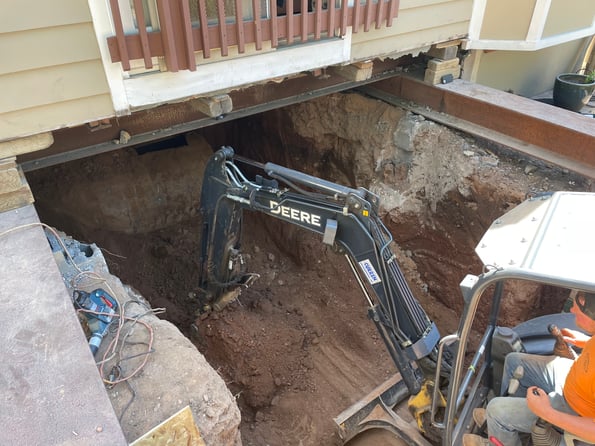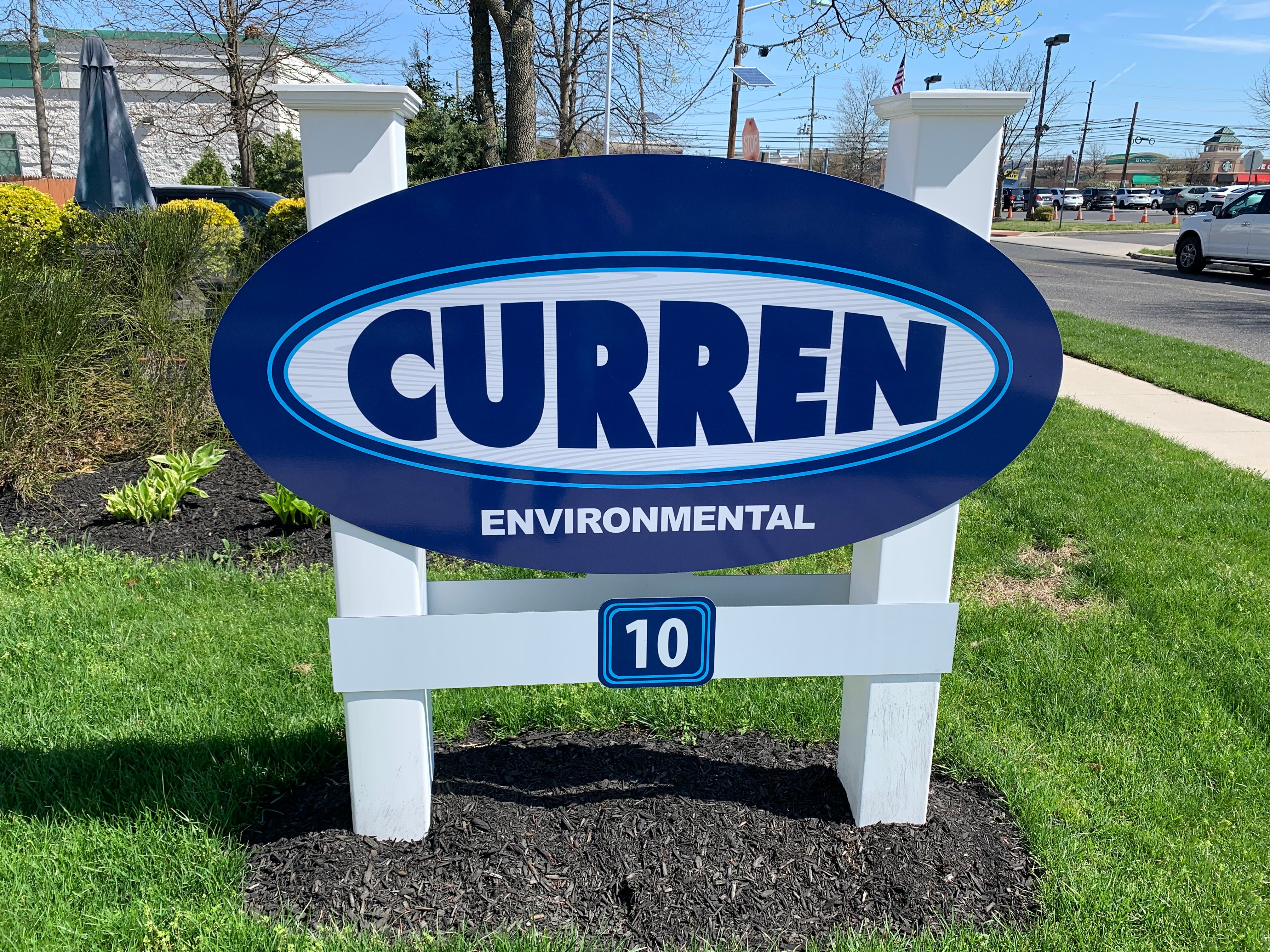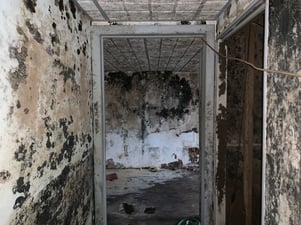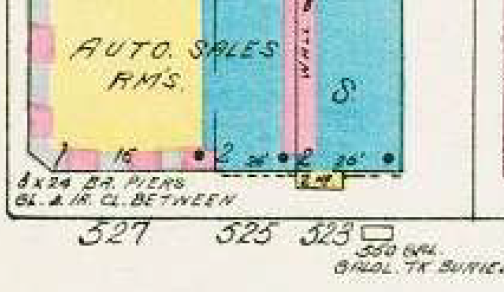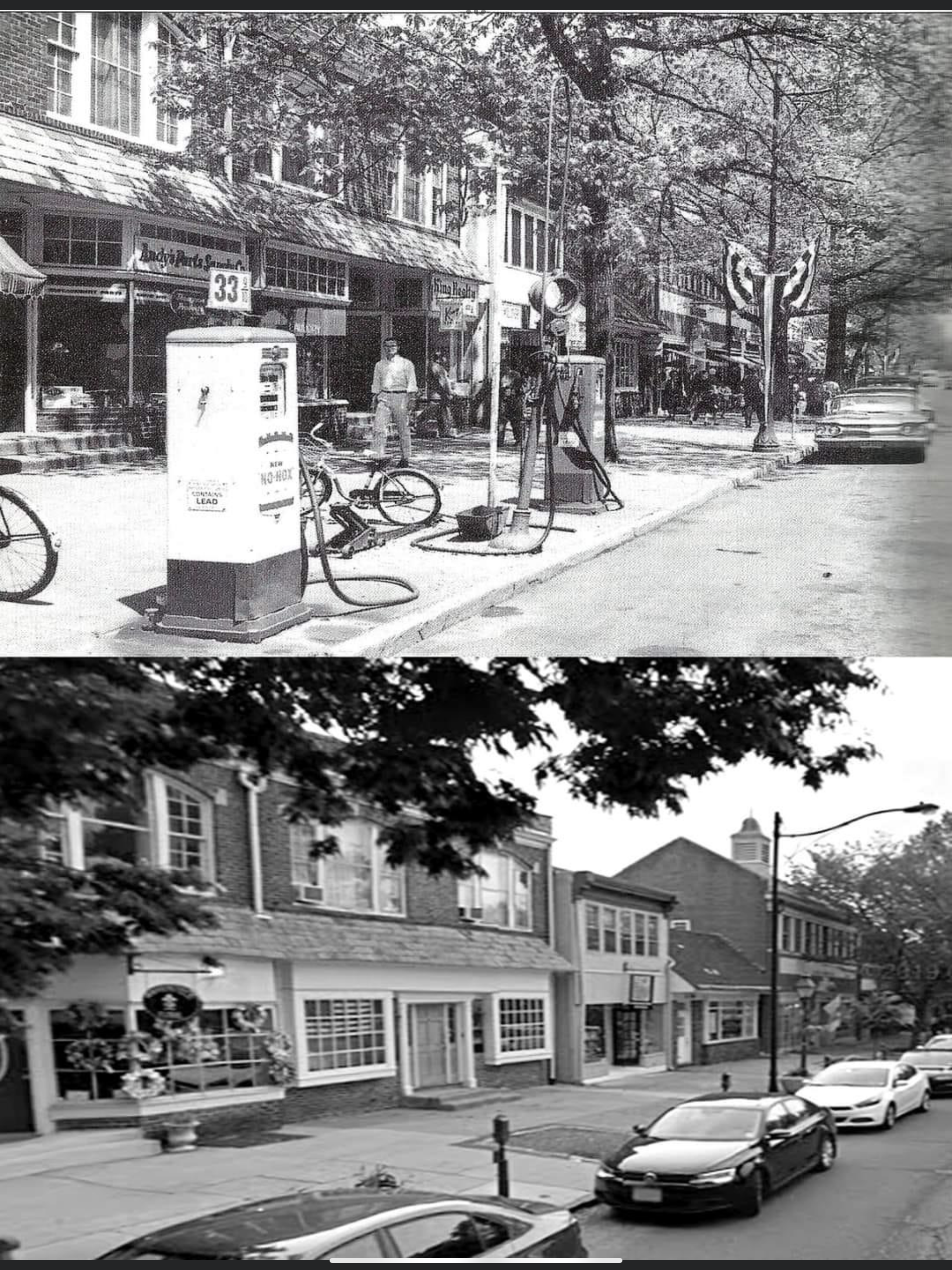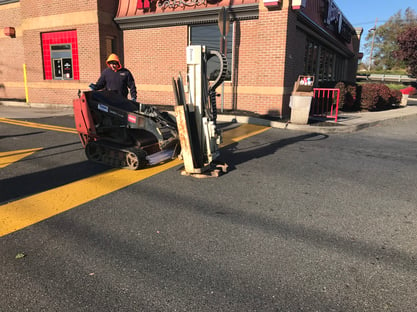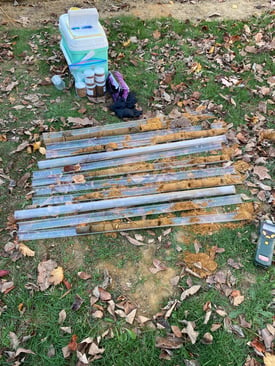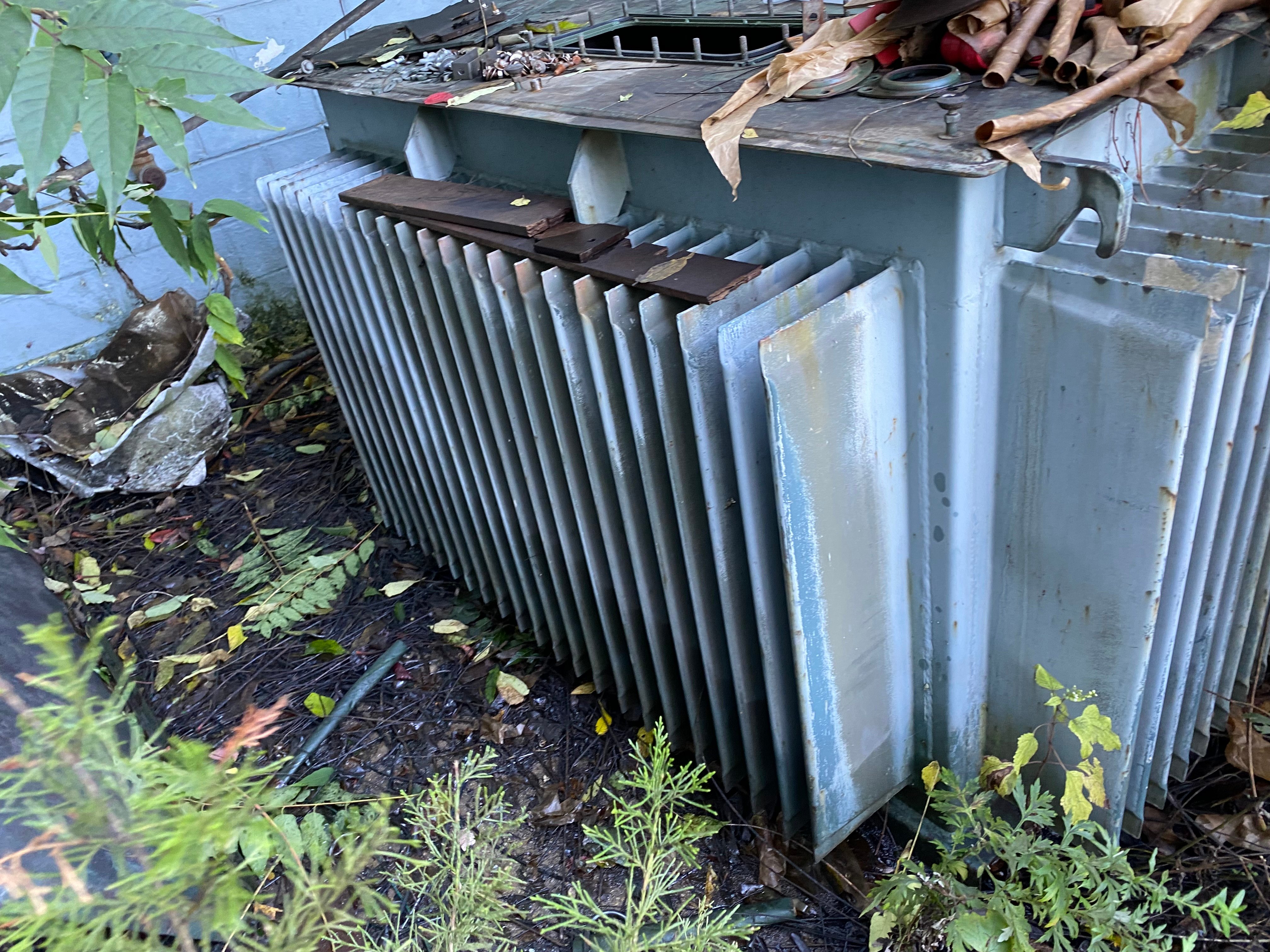How can I be more environmentally friendly, more green?
How can I be more friendly to the environment? We hear this a lot. No one is against being green, as long it is not a big inconvenience. The New Jersey plastic bag ban forced millions of people to stop using plastic bags and to change their habits of bringing reusable bag into the store when they go shopping. If you don't live in NJ (lucky You), start stocking reusable bags in your car and when you go to the store put your cell phone in a reusable bag 100% you won't leave the car without a reusable bag or phone.
There are other voluntary areas where the average person can help the environment.
Go Brown not Bleached White. White napkins and paper towels go through an extra process to make them white. Choose to buy the brown one. In short order stores will sell out, sales will increase, and manufacturers will make more brown paper products reducing the bleaching process and associated chemicals that get discharged into our waterways.
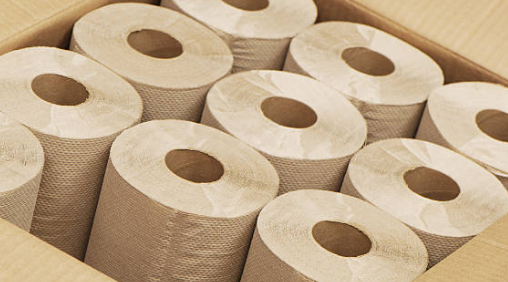
Cleaning supplies i.e., what are safe cleaning chemicals?
Your grandmother was right, vinegar is an excellent cleaning compound. Reliable and Scientific Tips for Cleaning With Vinegar | NSF. People love scents and a cleaner with a fresh scent fools people into thinking that some serious cleaning has occurred. Well, any scent you smell is an assortment of chemicals formulated in the lab that are simply there to fool your senses. The scent of a cleaner has ZERO effect on the effectiveness of the cleaner. In short buy scentless cleaners or use vinegar and make your own. I am not going to even go into the fact that a gallon of vinegar would last the average person 2 years, which is a huge saving and yes you will have to buy a reusable spray bottle to mix your own. SUPPLYAID 32 oz. All-Purpose Leak-Proof Plastic Spray Bottles with Adjustable No-Leak, Non-Clogging Nozzle (12-Pack Bundle) BDL-A0027 - The Home Depot
Your health and the environment can go hand in hand. 90% of people disinfect the wrong way. Surprised that you do not know how to disinfect? You shouldn’t be, because we do not read instructions. If you use bleach, which is a great disinfectant, readily available and inexpensive you likely are using it wrong. When you spray a surface with bleach (pretty much any disinfectant) and then wipe the surface, you are going it WRONG. Bleach and pretty much any disinfectant needs a 10-minute set time to disinfect. Use of disinfectants: alcohol and bleach - Infection Prevention and Control of Epidemic- and Pandemic-Prone Acute Respiratory Infections in Health Care - NCBI Bookshelf (nih.gov) Bleach is not the only disinfectant that needs time, all disinfectants need time to work. We apply mold fungicides (disinfectants) and they require a set time (on average 10 minutes). So if you are sick or want to properly disinfect a surface you have to apply and wait before you wipe it off, who does that?
Wash cloth in cold not hot water.
Due to the government driving manufacturers to be more energy efficient, most all detergents are designed to work in cold water. Tide Plus Coldwater Clean Liquid Laundry Detergent | Tide I constantly find my washer setting set to hot r warm water when it is not needed, but my family doesn’t listen.
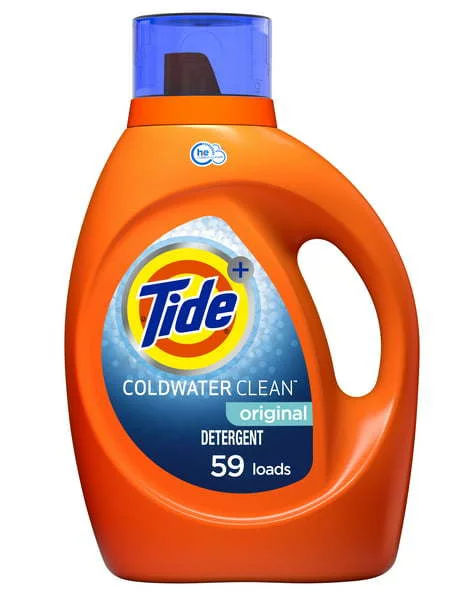
Yard and Lawn watering. 80% of people water improperly. Early morning (4:00 and 8:00 a.m. ) is the best time to water plants, scrubs, and lawns, BECAUSE the cooler temperatures, minimal wind and higher humidity allow the water to soak in rather than evaporate. Evaporation rates can increase exponentially as the day goes on.
Shrubs, water aggressively within the drip line of the shrubs, this forces water deeper, driving roots deeper into COOLE soils, which are more resistant to heat stress since the roots are at a deeper depth and cooler temperature.
Pulse your watering to prime the soil and prevent runoff. What the heck does that mean? It means a dry sponge is finicky in soaking up water, but a damp sponge is more willing to absorb water. If you gently water shrubs, the soils will go from dry to damp, allowing more water to be absorbed. But the process takes time so a short watering allows the water to soak into the dry soils. Damp soil more readily accepts water than dry soils, by pulsing your watering you will increase water absorption by 50% when compared to your typical water routine. Case in point ever water a potted plant and water overflows? How about water runoff on a lawn?
Energy production is not green for over 90-% of the energy that we produce, so use energy wisely. Swap out your non-led lightbulbs with led and save 75%. Meaning an LED bulb uses 75% less energy than an incandescent bulb. Pro Tip, LED bulbs are more expensive and if you are afraid of not recouping the expense, save all your incandescent bulbs in a box. When you move swap them back and take the LEDs t your new house.
Buy bulbs smart and no I do not mean smart bulbs which we view as too expensive today to justify the investment. What we mean is based on light output. Lumens and the Lighting Facts Label | Department of Energy
With LED bulbs think lumens, not watts.
The brightness, or lumen levels, of the lights vary considerably. Here are some rules of thumb to follow:
- An old 100-watt (W) incandescent bulb, is 1600 lumens, so buy a 1600 lumen LED.
- 75W bulb = 1100 lumens
- 60W bulb = 800 lumens
- 40W bulb = 450 lumens
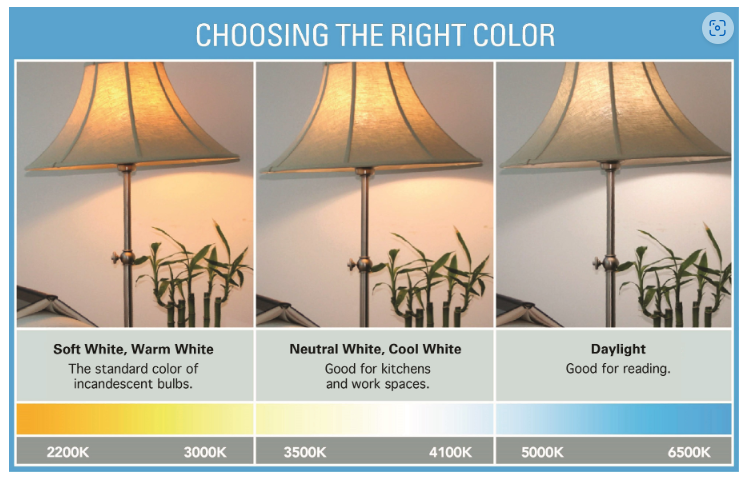
Plastic Utensils, just stop buying them They are single-use, and no one reses them but my brother, yep he washes them and saves them. In lieu of buying plastic knives and forks, buy a set or two of spoons, knives, and forks. Keep them in their own holder and pull them out when you entertain. You will save the environment and eventually receive payback on your investment.
In the same vein, when you order takeout, how often do you get prepacked utensils you do not need? How about condiments you do not need? When you order remember outside of the food let the restaurant know that you don’t need utilis or ketchup packs.


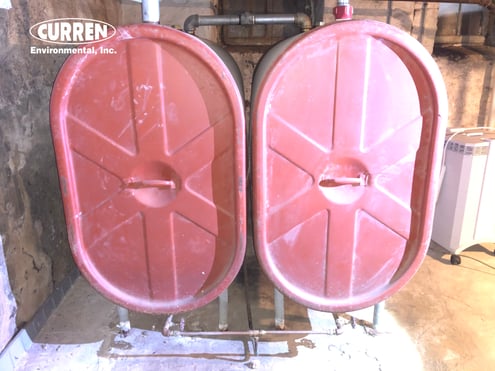
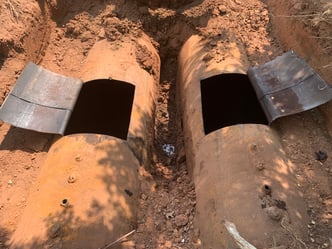
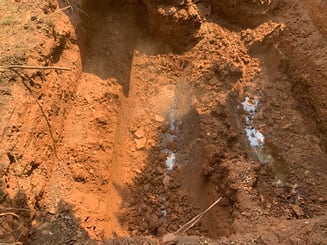
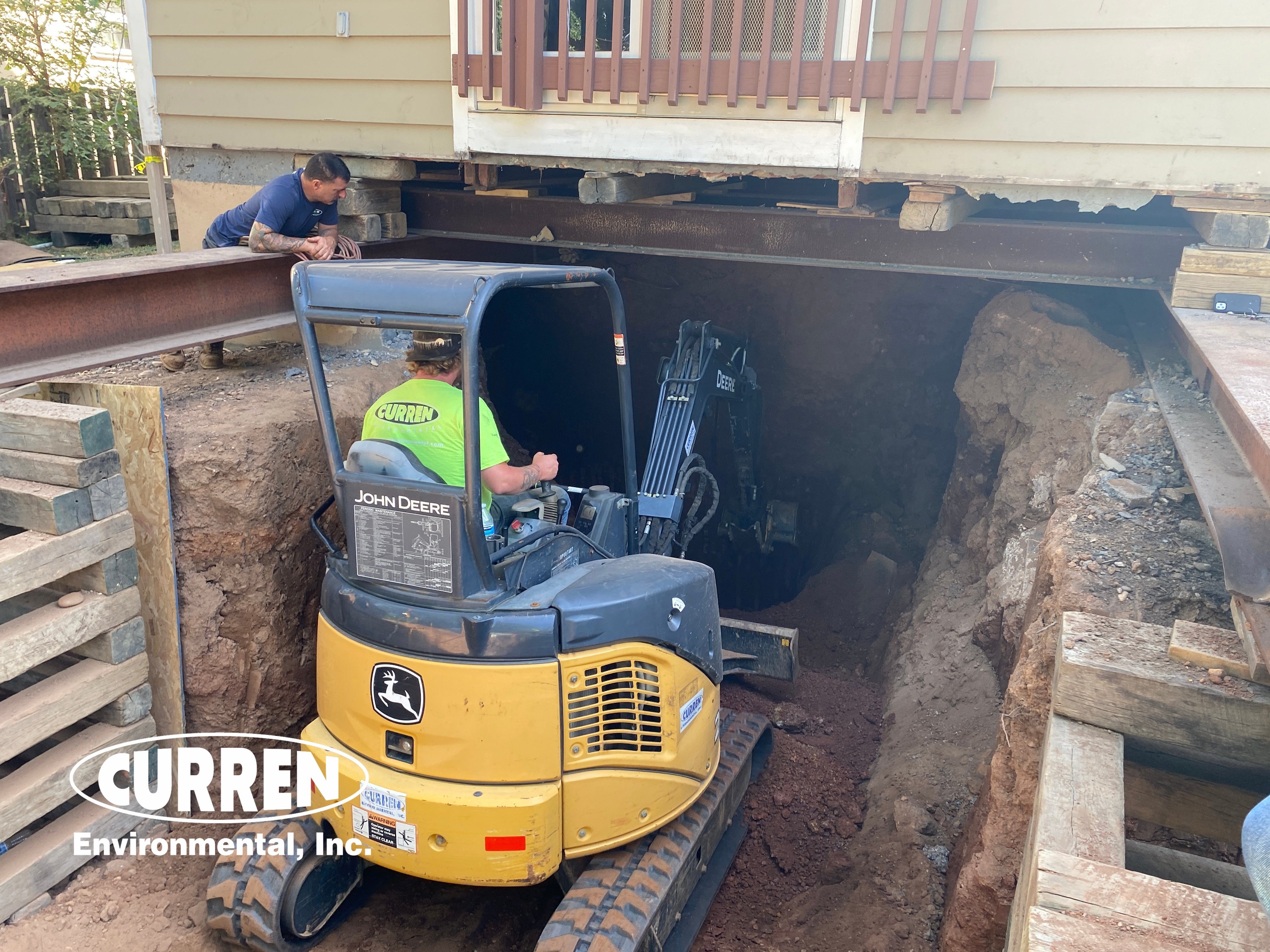
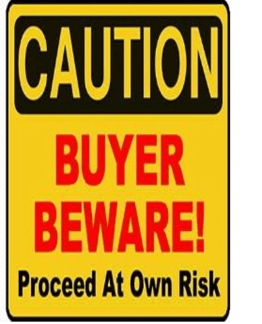
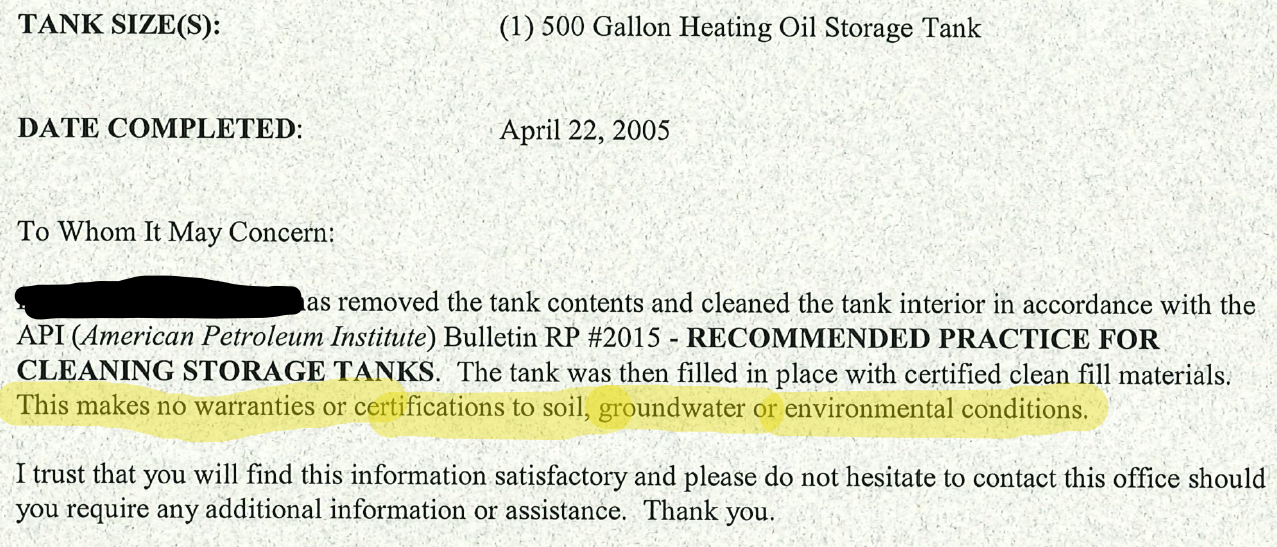
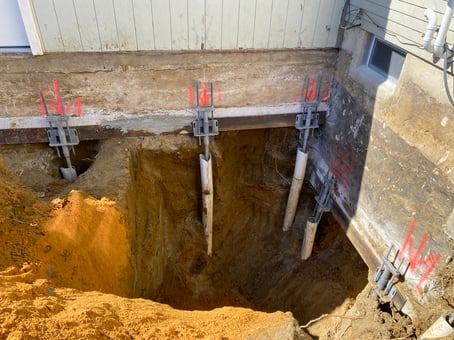
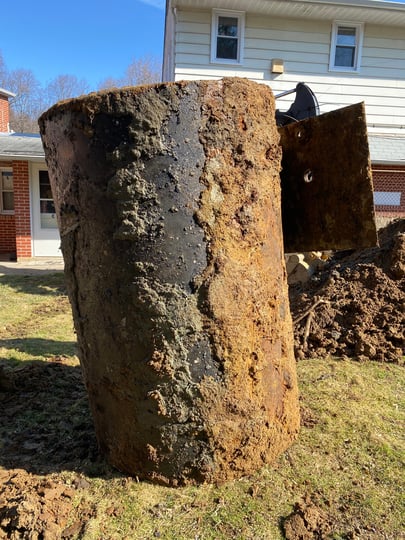
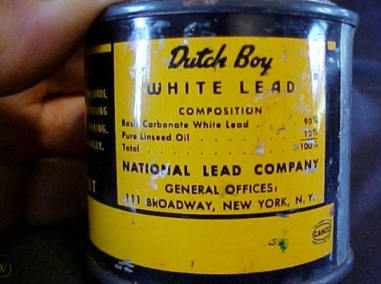
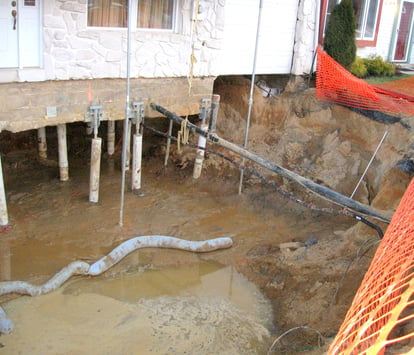
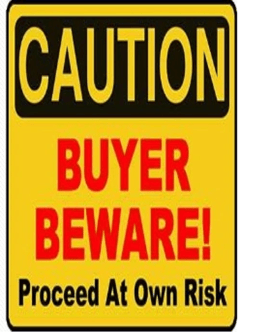

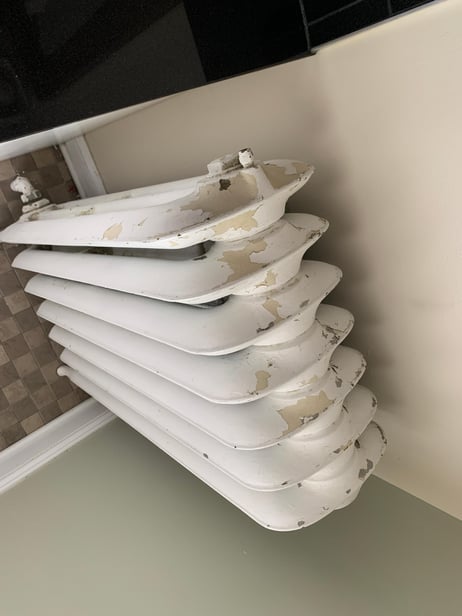
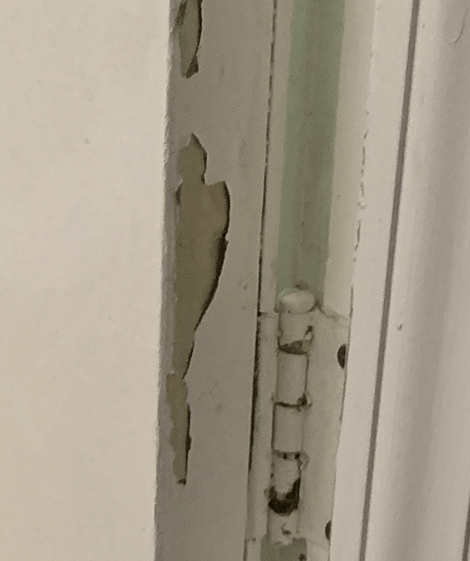
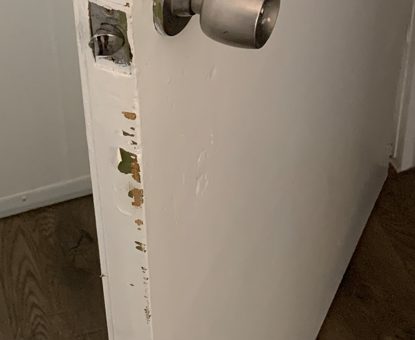
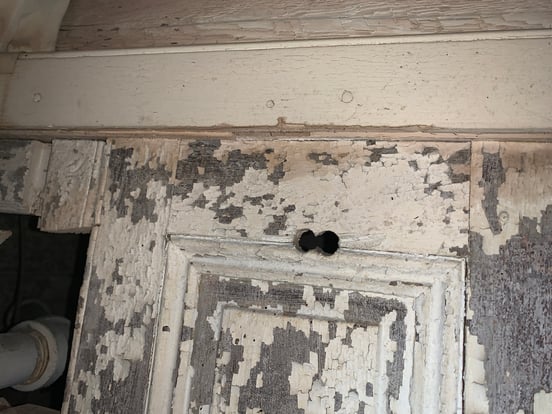
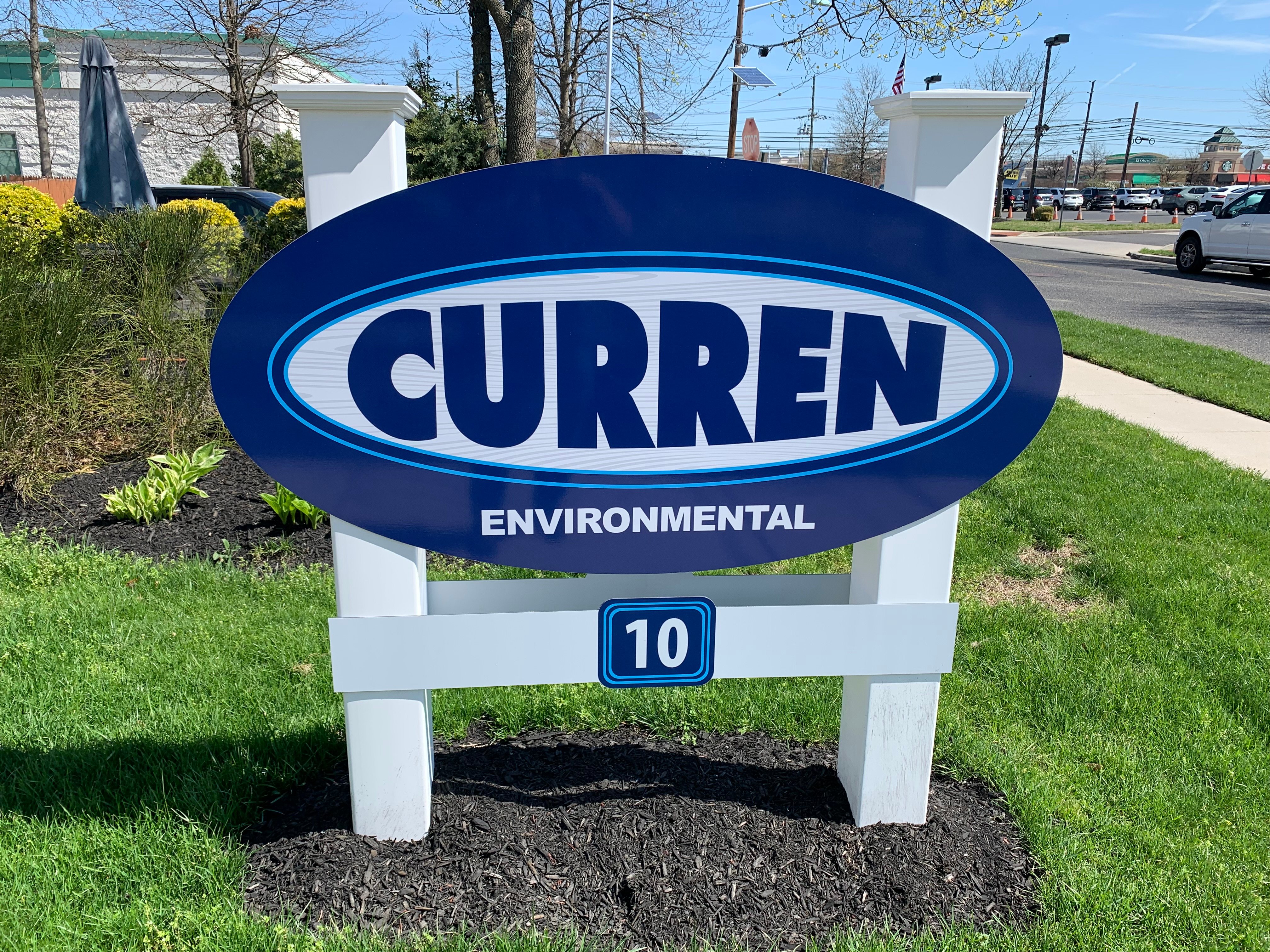
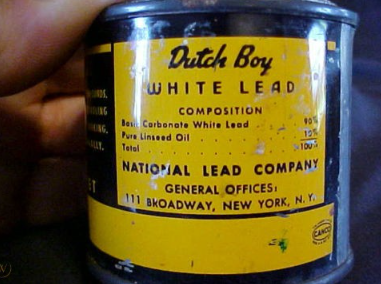
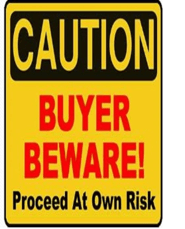
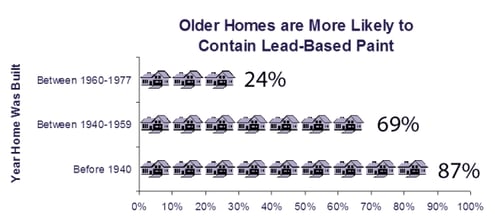
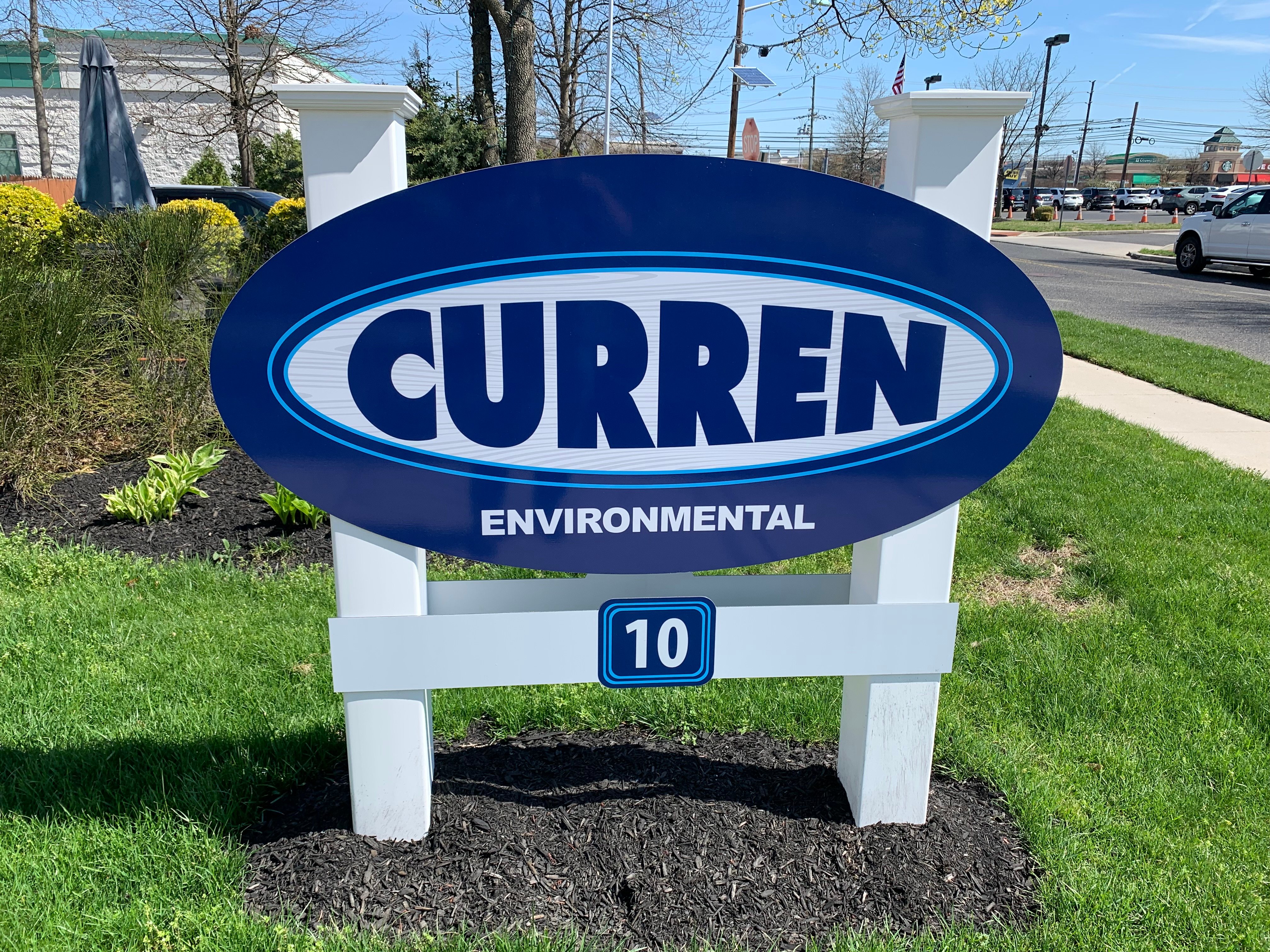
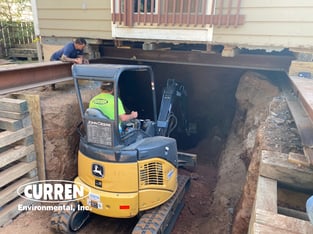 A lot of buyers will accept, “the oil tank was properly closed in place”. Yes, that may certainly have been true of what happened at one time. However, today, regulations have changed and again the most important thing to know is if the oil tank is LEAKING. Many oil tanks are abandoned in place, 10, 20, or 30 years ago. Back in the day, less than 1% of the time soil samples were acquired to see if the oil tank leaked. Additionally, the method of filling the oil tank in place varies greatly. Standard operating procedures today are to cut a hole in the oil tank, large enough for a person to fit in the oil tank, and clean out the oil tank before filling it in place. Nine times out of ten, a hole has not been cut large enough for someone to fit into and the oil tank has not been properly cleaned. If the oil tank was not properly cleaned, the oil and sludge left behind are now comingled with the material filling the oil tank. That material is now contaminated. Cutting a hole in the top of the oil tank now provides a very easy way for rainwater to get into the oil tank. Over the years the rainwater not only corrodes the bottom of the oil tank but can fill up the oil tank and any leftover oil or sludge can rise to the top, overflow, and contaminate the soil at the bottom. The water can also corrode the bottom of the oil tank and the oil and sludge can contaminate the soils beneath it.
A lot of buyers will accept, “the oil tank was properly closed in place”. Yes, that may certainly have been true of what happened at one time. However, today, regulations have changed and again the most important thing to know is if the oil tank is LEAKING. Many oil tanks are abandoned in place, 10, 20, or 30 years ago. Back in the day, less than 1% of the time soil samples were acquired to see if the oil tank leaked. Additionally, the method of filling the oil tank in place varies greatly. Standard operating procedures today are to cut a hole in the oil tank, large enough for a person to fit in the oil tank, and clean out the oil tank before filling it in place. Nine times out of ten, a hole has not been cut large enough for someone to fit into and the oil tank has not been properly cleaned. If the oil tank was not properly cleaned, the oil and sludge left behind are now comingled with the material filling the oil tank. That material is now contaminated. Cutting a hole in the top of the oil tank now provides a very easy way for rainwater to get into the oil tank. Over the years the rainwater not only corrodes the bottom of the oil tank but can fill up the oil tank and any leftover oil or sludge can rise to the top, overflow, and contaminate the soil at the bottom. The water can also corrode the bottom of the oil tank and the oil and sludge can contaminate the soils beneath it.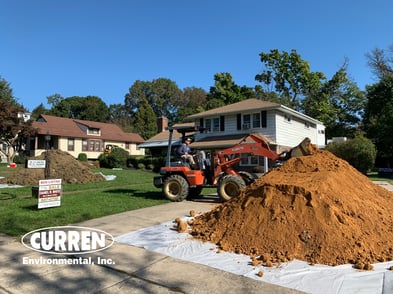 If you are looking to buy a house and cannot confirm the heat source throughout the legacy of the house, you may want to perform a Ground Penetrating Radar (GPR) to determine if an underground oil tank was present. Once you own the home, you own the problem and today completing a GPR as well as a home inspection leads homeowners to uncover oil tanks that had been abandoned in place that they were never made aware of before they purchased the house. Now they want to sell but have to deal with the underground oil tank. Once the oil tank is abandoned the fill port and vent pipe can be cut off and no evidence of the oil tank would be on the ground surface. Two copper lines that feed the heater could be identified in the basement or crawl space by the inspector which is a telltale sign of a former oil tank. Additionally, if there is an aboveground oil tank in the basement, there is a good chance depending on the age of the oil tank in the basement, a oil tank could be buried underground.
If you are looking to buy a house and cannot confirm the heat source throughout the legacy of the house, you may want to perform a Ground Penetrating Radar (GPR) to determine if an underground oil tank was present. Once you own the home, you own the problem and today completing a GPR as well as a home inspection leads homeowners to uncover oil tanks that had been abandoned in place that they were never made aware of before they purchased the house. Now they want to sell but have to deal with the underground oil tank. Once the oil tank is abandoned the fill port and vent pipe can be cut off and no evidence of the oil tank would be on the ground surface. Two copper lines that feed the heater could be identified in the basement or crawl space by the inspector which is a telltale sign of a former oil tank. Additionally, if there is an aboveground oil tank in the basement, there is a good chance depending on the age of the oil tank in the basement, a oil tank could be buried underground.